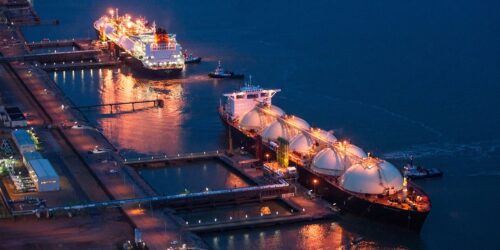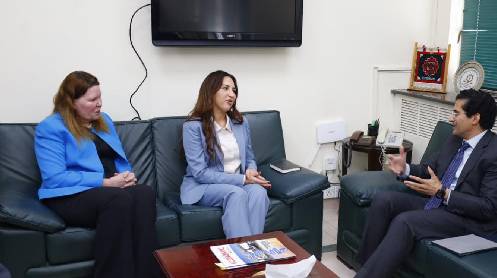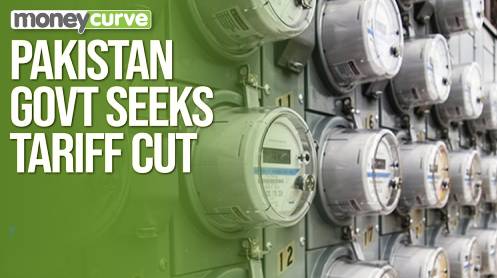Japan does not see immediate impact on its LNG imports from Russia following its March 31 order prohibiting gas supply to countries that have imposed sanctions against Moscow if they refuse to pay for imports in rubles, Minister of Economy, Trade and Industry Koichi Hagiuda said April 1.
The METI minister’s comments come as Japan currently does not see the latest Russian order cover LNG, but only a gaseous form of natural gas, a METI source said.
Russian President Vladimir Putin signed an order March 31 prohibiting supply of Russian gas to countries that have imposed sanctions against Moscow if they refuse to pay for imports in rubles.
The much-anticipated move means buyers from such “unfriendly” countries must pay for Russian gas by transferring foreign currency to a Russian bank, which will then use the funds to buy rubles.
Russia’s Gazprombank, which has not been sanctioned, will process the transactions. The decree covers pipeline gas deliveries carried out by Gazprom.
Japan was among the G7 countries, along with UK, the US, Canada, Germany, France and Italy, which issued a March 28 joint statement that reaffirmed that agreed contracts for gas deliveries “must be respected since most of the gas supply contracts explicitly stipulate payment in euros or dollars.”
Japan also does not have any plan to withdraw from the Sakhalin 1, 2 projects, which it sees “essential” for the country’s energy security, said Hagiuda, adding that it does not currently have any plan to suspend nor retreat from the Arctic LNG 2 project.
“Sakhalin-1 is a rare crude oil procurement source outside Middle East for our country, which relies on about 90% of crude oil imports from the Middle East, and Sakhalin-2 supplies roughly 9% of the country’s LNG imports and accounts for about 3% of the electricity supply volume,” Hagiuda said.
“With the country holding stakes in these projects and securing long-term lifting rights of the natural resources, these are essentially important for energy security because the projects allow [Japanese companies] to procure [supplies] below the market price, especially amid current high energy prices,” he added.
Japan’s Sakhalin Oil and Gas Development Co., or SODECO, has a 30% stake in the Sakhalin 1 project. The Ministry of Economy, Trade and Industry has a 50% stake in SODECO, while Japan Petroleum Exploration holds a 15.285% interest, Itochu 14.456%, Marubeni 12.349%, INPEX 6.08% and Itochu Oil Exploration 1.83%.
Japan’s Mitsui (12.5%) and Mitsubishi (10%) also hold stakes in the Sakhalin 2 project. State-owned Japan Oil, Gas and Metals National Corp. provides an equity financing and loan guarantee to Japan Arctic LNG, a subsidiary of Mitsui, which has a 10% stake in the Arctic LNG 2 project.
Russia accounted for 9% of Japan’s total LNG imports of 74.32 million mt as the fifth largest supplier in 2021 and 4% of total crude oil imports of 2.48 million b/d, according to the Ministry of Finance data.
More than half of the 9.6 million mt/year LNG production capacity at the Sakhalin 2 project is committed to Japanese offtakers, and Sakhalin 2 LNG accounts for almost all of Japan’s LNG imports from Russia.
Russia was also the third-largest coal supplier after Australia and Indonesia, supplying 19.734 million mt, or 11% of the country’s total imports of 182.629 million mt, according to MOF data.
Asia’s sustained oil demand revival over the last few months may face a fresh setback following COVID-19 outbreaks in China and other countries in the region. While sharp pull back in consumption appears remote at this stage, markets are keenly watching if Asia’s top oil consuming nations resort to more lockdowns to stem the spread of the pandemic. In this podcast, Sambit Mohanty, Asia Energy Editor at S&P Global Commodity Insights, Jonathan Nonis, Associate Editorial Director for Asian oil products, and J.Y. Lim, Advisor for Asia-Pacific oil markets discuss the possibility of another round of oil products demand destruction, Asia’s crude buying strategy amid fears of a demand slowdown, and the impact on trade flows.





